“I’m trying to switch to a more plant-based diet for health and environmental reasons. I have always been a very big meat-eater, but I have just been diagnosed with an inflammatory bowel disease, so have been advised to cut-out or significantly reduce red meat. I wanted to check that by becoming vegetarian, I’m not going to be missing out on essential nutrients. Can you advise?”
Clinical nutritionist Suzie Sawyer answers:
Switching to a largely plant-based diet is going to be beneficial. With inflammatory bowel conditions, managing the situation is key of course, and red meat can increase inflammation within the gut. Additionally, red meat is hard to digest, putting more stress on the digestive tract, which is not ideal.
Sources of iron
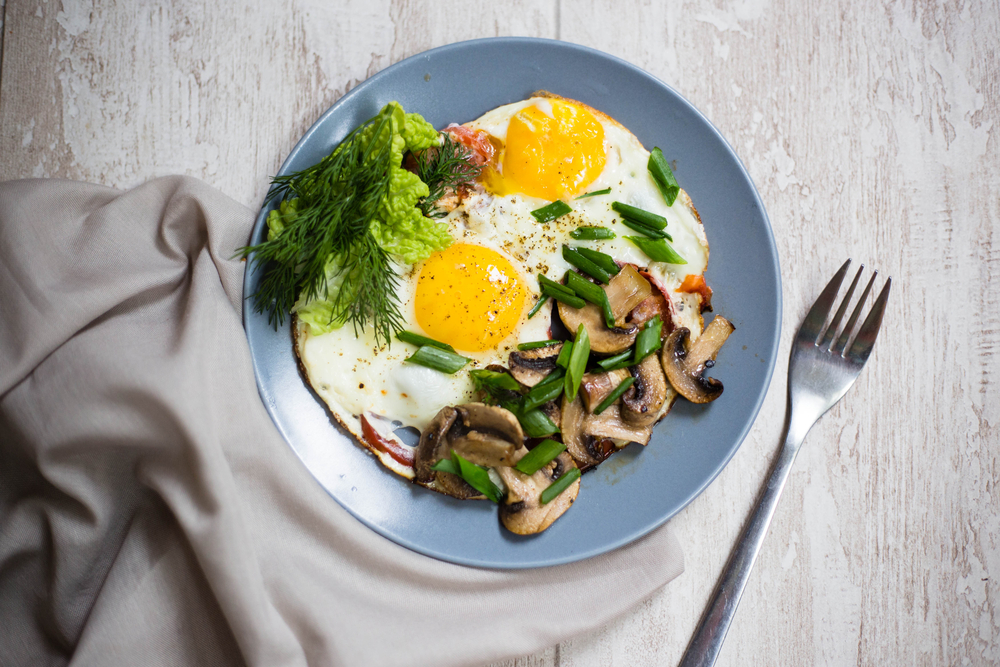
Red meat is the richest source of absorbable iron, one of our essential nutrients for red blood cell and energy production. However, if you include plenty of green, leafy vegetables, and eat them with other sources of vitamin C (perhaps a little orange juice) the iron is much better absorbed. However, I would recommend continuing eating eggs, as they are not only rich in iron but other key nutrients such as vitamin B12, which can be lacking in plant-based diets.
Vitamin B12
Vitamin B12 is only found in animal produce and is essential not just for energy production but the nervous system too. The other issue is that when there is potential damage to the gut wall (which occurs with any form of digestive condition), then less B12 is absorbed, so be mindful of this too and perhaps consider taking a supplement.
Plants mean antioxidants
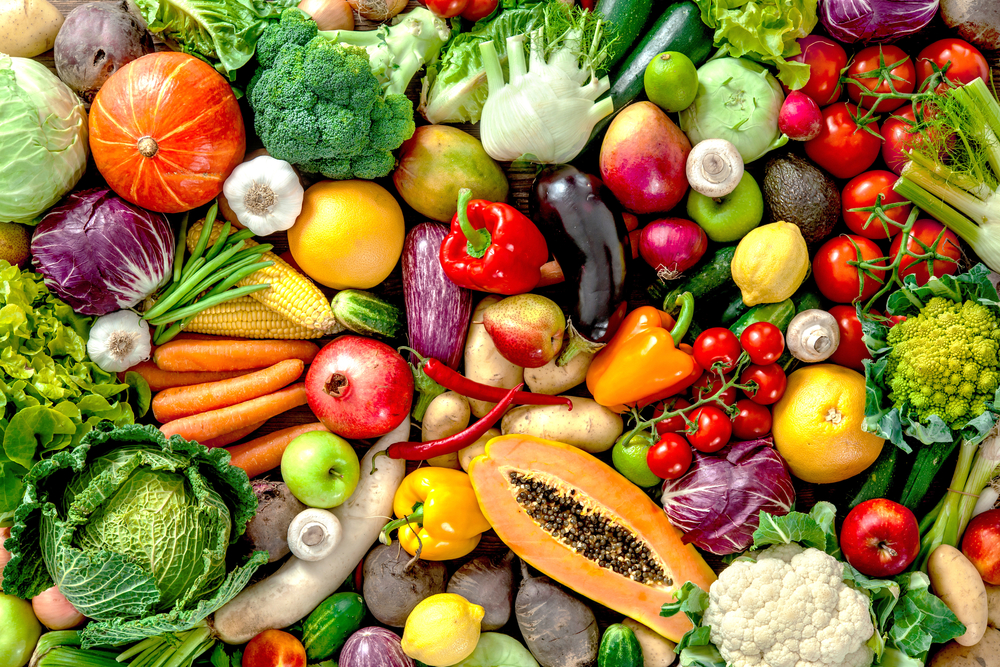
The good news is that all plants are rich sources of antioxidants and it’s their beautiful colours that deliver their wonderful health benefits. I suggest you try to include as many varieties of plant-based foods as possible, especially lots of green, leafy veggies, tomatoes, beetroot, legumes, sweet potatoes, avocados, asparagus, and drink plenty of green tea too. Antioxidants help reduce inflammation within the body but also protect it from everything that life throws, so make sure to eat as many colourful fruits and vegetables as possible.
The importance of fermented foods
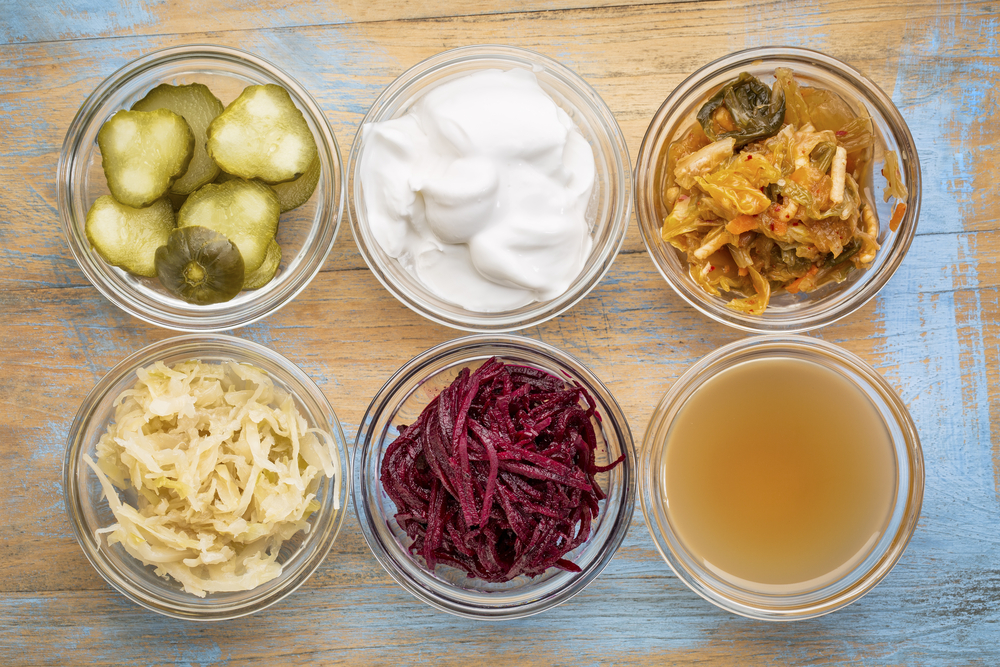
Supporting the gut microbiome is also essential in cases of IBD as the beneficial bacteria that live within can help reduce inflammation. Fermented foods such as tofu, tempeh, miso, sauerkraut and kombucha are not only rich in essential nutrients (especially bone-loving calcium) but will help the good bacteria to proliferate, which is important. These foods also provide protein, which, in the absence of some animal produce, needs to be replaced.
Consider continuing to eat fish
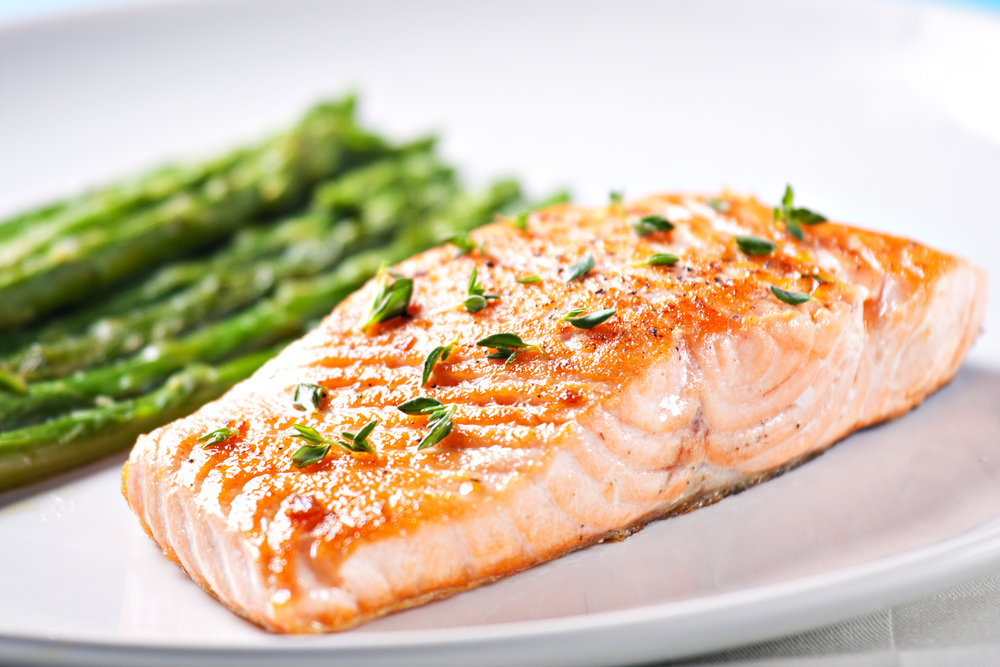
On the topic of protein, while you’ll be avoiding all meat sources, I’m not sure if you’re still planning to eat some fish. It would be helpful to eat some oily fish especially salmon, mackerel and sardines as these are rich sources not only of protein, but omega-3 essential fats, which have a wonderful anti-inflammatory effect on the body.
Reduce dairy
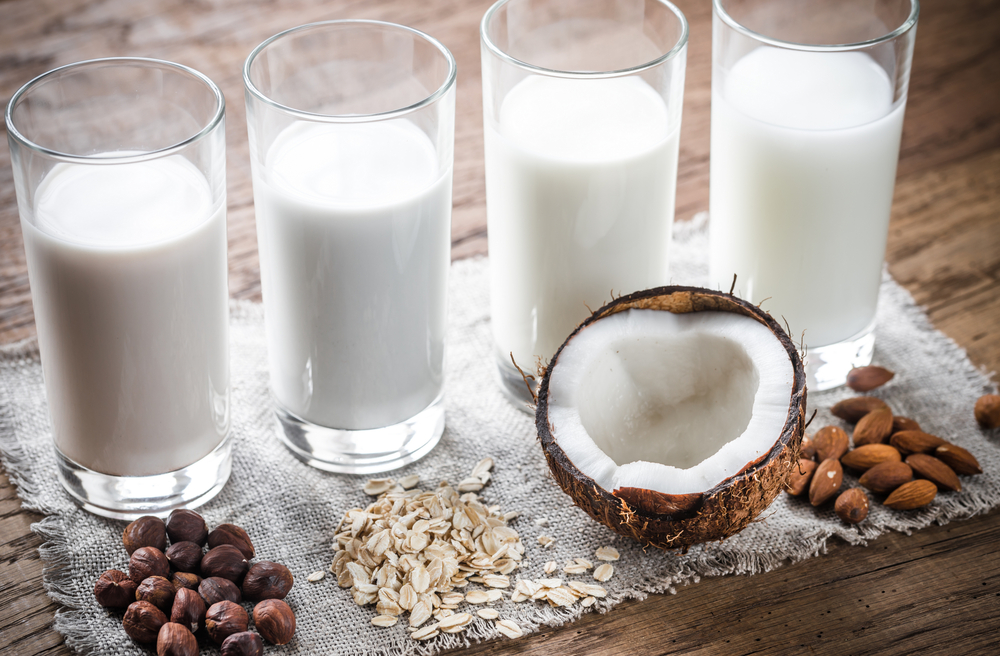
In the case of dairy produce, I also suggest reducing dairy produce as it can potentially irritate the gut and cause more inflammation. Why not try plant-based milks such as unsweetened almond or soya?
If you can enjoy a wide variety of plants, together with some animal produce, then you shouldn’t be missing out on any nutrients, and it should help your condition too. However, I would recommend supplementing with vitamin D all year round as it is challenging to get enough from diet alone and it’s essential to help manage the inflammatory response in the body.

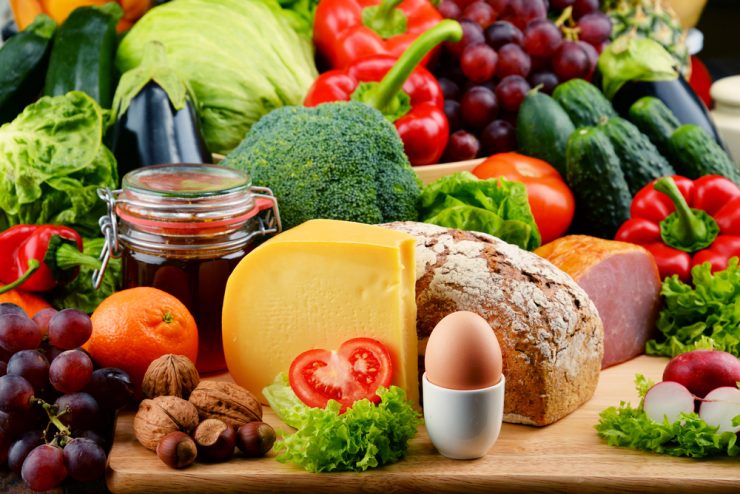
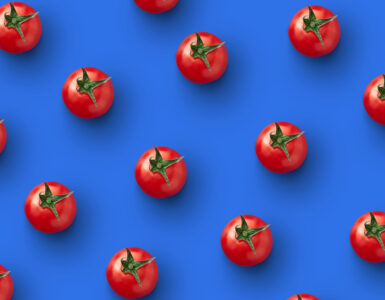

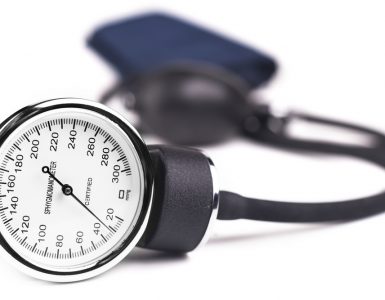




















Add comment